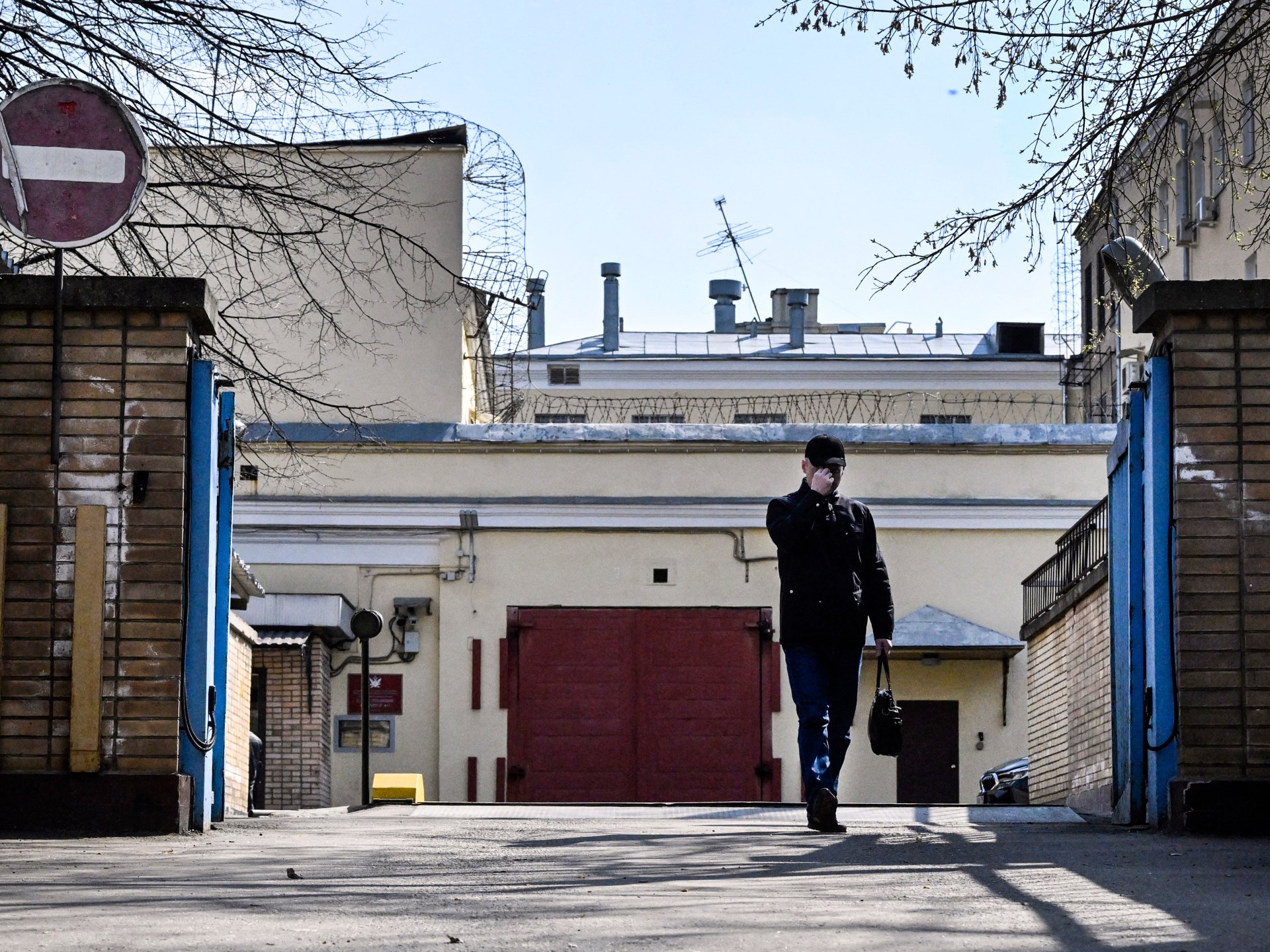Canada lists Iran Revolutionary Guards as ‘terrorist’ group
Ottawa cites the IRGC’s ties to Hamas and Hezbollah, accusing Iran of ‘complete disregard for human rights’.
Canada has listed Iran’s Islamic Revolutionary Guard Corps (IRGC) as a “terrorist” entity and urged its citizens in Iran to leave.
The Canadian government made the announcement on Wednesday, saying that the move will help Ottawa with “countering terrorist financing”.
“The decision to list the IRGC through the Criminal Code listing regime sends a strong message that Canada will use all tools at its disposal to combat the terrorist activity of the IRGC, conducted both unilaterally and in knowing association with listed terrorist entities such as Hezbollah and Hamas,” the Canadian government said in a statement.
There was no immediate comment from Tehran.
For years, the opposition Conservatives in Canada have urged Liberal Prime Minister Justin Trudeau to blacklist the IRGC.
On Wednesday, Dominic LeBlanc, Canada’s minister of public safety, cited Iran’s human rights record as one of the reasons behind the decision.
“The Iranian regime has consistently displayed a complete disregard for human rights, both inside and outside Iran, as well as a willingness to destabilise the international rules-based order,” LeBlanc said in a statement.
“Listing the IRGC builds on the Government of Canada’s broader efforts to ensure that there is no impunity for Iran’s unlawful actions and its support of terrorism.”
Foreign Minister Melanie Joly urged Canadians not to travel to Iran, citing a heightened risk of “arbitrary detention”.
“For those in Iran right now, it’s time to come back home. For those planning to go to Iran, don’t go,” she told a news conference.
The listing requires Canadian financial institutions to freeze any IRGC assets and prohibits Canadian citizens from engaging in financial dealings with the group.
The United States designated the IRGC as a “terrorist” group in 2019.
The IRGC, an elite force that operates with some autonomy and answers directly to Iran’s Supreme Leader Ali Khamenei, is an official branch of the Iranian military.
Relations between Iran and Canada have been rocky for decades. Ottawa cut diplomatic ties with Tehran in 2012, citing its nuclear programme and support for the embattled Syrian government of Bashar al-Assad.
The relationship soured further in 2020 after Iran shot down a plane with dozens of Canadian citizens and permanent residents on board.
The Ukraine International Airlines flight was bound for Kyiv when it was hit with two missiles shortly after takeoff from Tehran on January 8, 2020.
The missile strike came at a time of heightened tensions between Iran and the US. Hours earlier, the IRGC had targeted US forces in Iraq after the assassination of Iranian General Qassem Soleimani, who was killed in a US drone strike in Baghdad.
Iranian officials have said the downing of the Boeing 737 was an accident caused by human error in operating an air defence system.
Last year, an Iranian court issued initial sentences for 10 unnamed people accused of playing a role in the incident. They included the operator of the defence system.
Iran has also set compensation at $150,000 for each of the victims’ families, and it said last year that it had begun the payments.
But in a case at the International Court of Justice, Canada accused Iran of failing “to conduct an impartial, transparent and fair criminal investigation and prosecution consistent with international law”.
The listing of the IRGC comes as the Canadian government faces questions over its own commitment to human rights in relation to its close ties with Israel, which has been accused of rampant abuses in Gaza.




